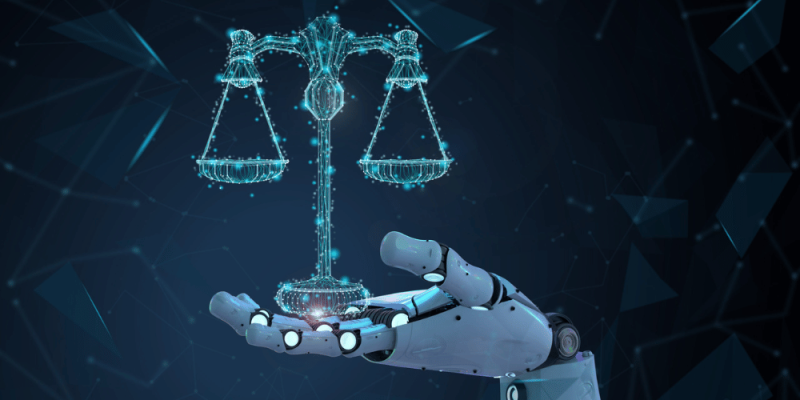Bright Sparks or Dimming Lights: Navigating the Complex Terrain of EU AI Regulation

In an era propelled by the limitless possibilities of Artificial Intelligence (AI), leading European technology companies and venture capitalists have issued a rallying cry against what they perceive as stringent AI regulations by the European Union (EU). In an open letter to the EU Commission, these industry titans have warned about the potential of Europe being left behind in the AI race due to stifling innovation laws.
Signatories of the open letter encompass 150 companies, including German conglomerate Siemens and French aerospace corporation Airbus. Their primary concern revolves around the impending EU AI Act that could potentially handicap the continent's competitive and technological independence. The letter further warns that the proposed legislation does not effectively deal with upcoming challenges related to AI.
Europe's creme de la creme of pioneering startups and investors, such as Criteo, Felix Capital, and Atomico VC, have also penned their discontent about the stringent legislation. The EU has been shaping the Artificial Intelligence Act for approximately two years as a negotiating base between the member states and the commission. However, critics argue this act could transform the region into the globe's most challenging jurisdiction for AI platform operations.
The anguish, however, is not unilateral. Dragoș Tudorache, an MEP part of drafting the AI Act, refutes the narrative of industry heavyweights. He suggests that a handful of aggressive lobbyists are steering larger corporations to voice against AI regulations. Despite the criticism, the signatories hold firm to their beliefs, maintaining that present regulations may curtail foundational AI models vastly and indiscriminately, irrespective of their use cases.
In conclusion, the looming specter of over-regulation threatens to cripple Europe's stance in the global AI arena. The collective call to arms by industry leaders and venture capitalists insists on the establishment of an EU regulatory body. This body, comprising industry experts, will monitor the application of new laws while adapting to new technological advancements. The overarching sentiment is clear: overly rigid compliance could result in an unfortunate productivity gap, forcing Europe to observe the AI revolution from the sidelines.







Leave a comment
Your comment is awaiting moderation. We save your draft here
0 Comments